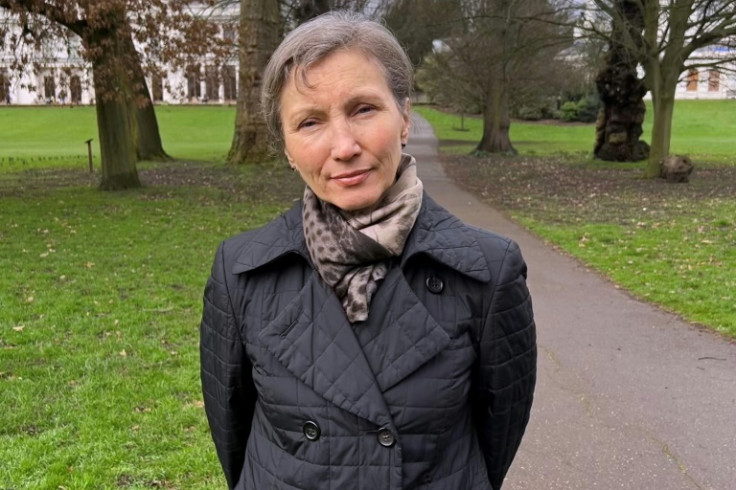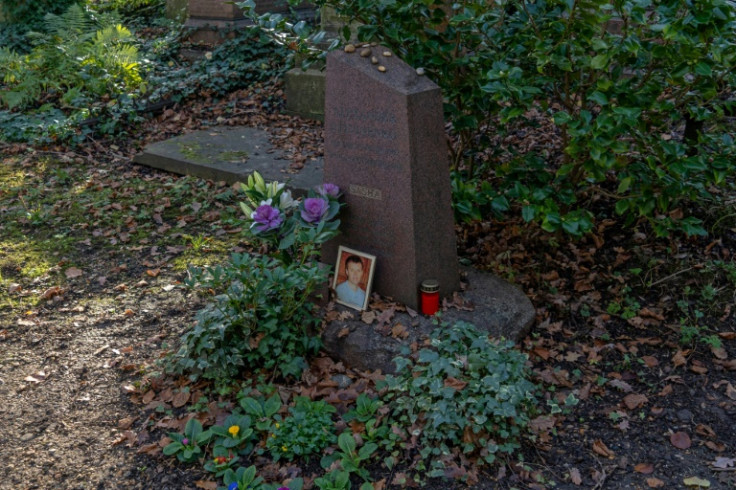
The death of opposition leader Alexei Navalny was a "very sad day" for Russia, and must lead to international action, the wife of murdered ex-spy Alexander Litvinenko told AFP on Saturday.
Navalny, the Kremlin's most prominent critic, died on Friday in an Arctic prison, Russian officials said.
Marina Litvinenko, whose husband Alexander died of radiation poisoning in 2006 aged 43, three weeks after drinking tea laced with radioactive polonium at an upmarket London hotel, told AFP she had sympathy with Navalny's wife Yulia.
"I do understand Yulia very well, after what happened to her husband. You always think it will never happen to you," she said.
"It was a very sad day, not just for the family of Alexei Navalny -- his wife and his son and daughter -- it was a very sad day for many Russian people who believe in a better future for Russia. I was very angry."
She urged Yulia Navalny to make sure the international community is "not allowed to forget about this."
"It's not enough to talk about this just yesterday, today, and maybe a few more days. It needs to be talked about all the time until you get justice."
A UK inquiry into Litvinenko's death said that Andrei Lugovoi and Dmitri Kovtun, two Russians identified as prime suspects by British police, were likely to have carried out the poisoning on the instructions of the Russian security services, but Moscow called the allegations "nonsense".
His widow told AFP that Navalny's death must spur the international community into action against Russian leader Vladimir Putin.
"We remember when (US President Joe) Biden a few years ago mentioned Navalny and he said if Navalny would die, it would be crushing for Putin," said Litvinenko, who now teaches dance classes in London.
"I want to see what does it mean, not just words. And this is very important. Go from words to some action."
Crucially, this means backing Ukraine in its war against Russia, she added.
"The only way you want to help Russian opposition to crush Putin's regime is to support Ukraine."
"I believe only (in a) Ukrainian victory on the frontline. It might make people inside of Russia be able to go for change," she explained.
Litvinenko also suggested that the West must reconsider buying oil and gas from Russia, given it was using the proceeds to fund its effort.
Despite the bleak news, Litvinenko said she still held hope for the future of her country, highlighting the reaction of Russians around the world, including Friday's large demonstration outside the Russian embassy in London.
"There was a huge meeting in Munich, in Berlin in Rome," said Litvinenko, who ended the interview close to tears.
"And of course, when I saw people went in Moscow, going to lay down flowers in the memory of Alexei Navalny, I believed it might be something, a brighter future, because I believe in Russian people."
"We can't live without hope of future. I believe Russia will be different," she added.








